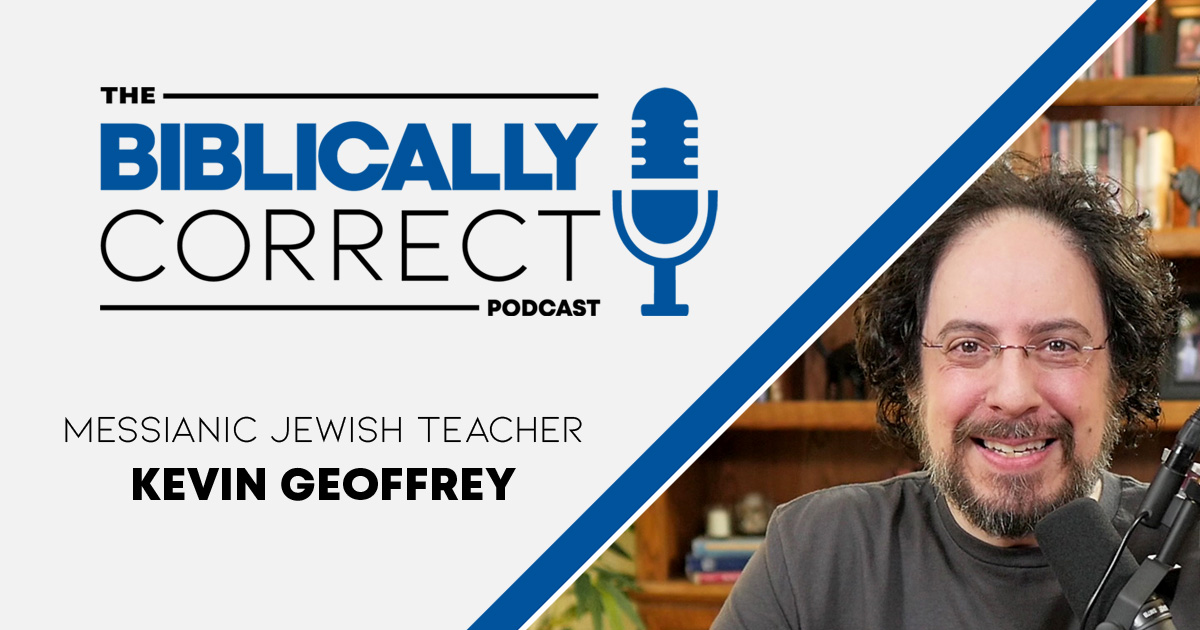Why Bible Study Tools?
There is only one way to get the biblically correct answer to every single Bible question: we must first ask ourselves, “What do the Scriptures say?” But the problem with the Bible—if you can call it a problem—is that the information we’re looking for is often spread out and sprinkled in various places, which doesn’t exactly make it easy to find. So when we need help navigating the Scriptures in order to readily and thoroughly search what they say, then it’s time for us to turn to Bible study tools.
Never before in history has God’s word been so approachable because of the availability of Bible study tools. This means that especially now, you don’t need a degree or extraordinary anointing to be equipped to study the Bible. So let’s take an introductory inventory of the tools you are most likely to need, and make some general recommendations for how and when to use them.
It should go without saying that your first Bible tool is a good, reliable Bible translation. You should choose a translation that is on the word-for-word or literal end of the spectrum (see bcpodca.st/ep7). Such translations have already uncovered much of the biblical data for you, making Bible study far simpler and efficient in the long run.
One of the most common methods of Bible study is to look for multiple occurrences of a specific word. For that you would use a Concordance—an alphabetical index of biblical terms paired with the book, chapter and verse for each occurrence in the Bible. Concordances most often include a brief excerpt of the associated verse along with the citation, providing a preview of the verse’s context. Concordances are specific to a particular Bible translation. They are available as a standalone volume, or are often found in abbreviated form at the back of your Bible.
Some Bibles are also published as what are called Reference Bibles. These contain cross-reference information embedded alongside the biblical text. Whether it uses a classic center column cross reference or the more detailed Thompson Chain-Reference system, the reference tools provide the reader with additional verses, sometimes pre-organized by indexed topics, that pertain to the immediate passage. The reader can then follow these references to see how other places in the Bible speak to the passage he is reading.
With a word-for-word translation Reference Bible, then —especially one that contains a concordance—you will already be very well equipped to find out what the Scriptures say. You will have the basic tools you need to do translation-specific word searches, and general topical research. These are often ample for substantial, top-layer Bible study.
But if you want to bypass the Bible translators and reference compilers—because searching the Bible in English can only get you so far—then you will need a Hebrew/Greek-to-English Dictionary or Lexicon. An entry-level dictionary is usually more than sufficient to aid in basic word-searches of the original languages. But lexicons (which come in two volumes—Hebrew and Greek) may be needed for more in-depth investigation. Lexicons have a steep learning curve when used to their fullest extent, and are nearly impossible to work with without some knowledge of the original languages. Fortunately, that drawback is relatively easy to overcome, since we live today in a glorious age for Bible study: the digital age.
Did this post bless you?
♥
Digital Bible tools include websites, programs for your computer, or apps for your smart device. Digital tools are by far the easiest and most efficient means for studying the Bible. Depending on which programs and modules you use, you can have each of the aforementioned Bible tools all in digital format—all easily and quickly searchable and cross-referenceable. For basic Bible study apps, try Olive Tree or Accordance. For more advanced study, try the free blueletterbible.org website, or purchase the reasonably-priced Greek & Hebrew Learner Collection for Accordance.
There really are no longer any barriers to being able to find out for yourself what the Scriptures say. The time is now to get familiar with the right Bible study tools, and to start putting those tools to work.
What do you think? Share your thoughts in the comments below!






Leave a Reply
Want to join the discussion?Feel free to contribute!